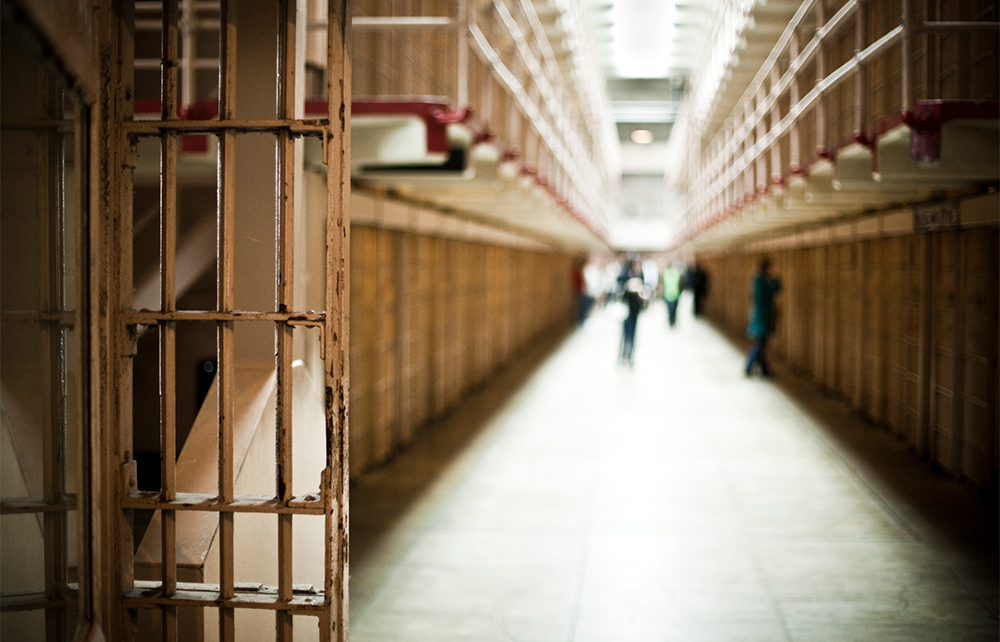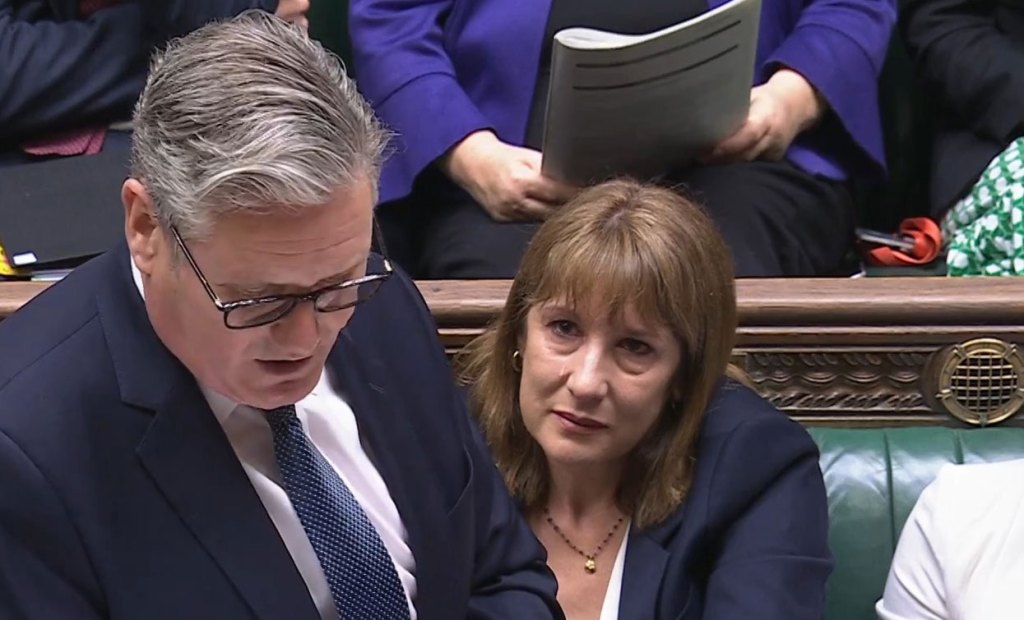‘A society is measured by the treatment of its prisoners,’ Winston Churchill said. Last year, in England and Wales, every three and a half days a prisoner killed themselves. What does this say about our society?
Perhaps you think: why should we care – aren’t there better things to worry about than criminals committing suicide? But the suicide rate in prisons is actually, surprisingly, a measure of the safety of society at large, because those who kill themselves in their cells represent the tip of an iceberg of despair within the prison population. It’s an indication of just how desperate life inside is – and when prisoners are feeling desperate, you can be sure that, when they are released, they are far more likely to reoffend. In fact, feelings of despair and desperation are often quoted as being the predominant motivator for further crime.
How do we stop prisoners killing themselves? It’s a complex task. But we do know that when inmates feel they are part of a world beyond the prison walls they suffer less. I understand it feels like a counter-intuitive aspiration for our criminal justice system: to help prisoners be more connected to the outside world. But loss of liberty is not the same as isolation.
When inmates feel they are part of a world beyond the prison walls they suffer less
In the current system, prisoners often find that their ties with their family, friends and home communities are severed. It’s difficult to stay in touch for the most part because it’s too hard and too expensive to make telephone calls. If you believe that no one cares for you, then when you walk free, you feel the world is set against you and that to reoffend is no big deal.
After working as the prisons and probation ombudsman for a year, I’ve realised how much it benefits everyone to let convicts phone home. And that there’s an easy and inexpensive way to do it.
Prisoners are the poorest-paid workers in the country. If they take part in meaningful employment in the morning and afternoon, from Monday to Friday, they will receive between £15 and £30, in total, for the week. They have this nominal amount added to their prison account and are then faced with some choices. They can purchase vapes (smoking was banned in prisons in 2016), they can buy additional food (the budget for meals is around £3 per prisoner per day) or they can put money into a phone account which allows them to ring friends and family from a pre-approved directory. It should surprise few that nicotine and food win out over family contact.
But there’s a straightforward way in which this could be addressed. Prisoners currently pay for their phone calls per minute in a way almost no one else in society does. There is no reason why this should be the case – it’s just an old system that’s become routine.
Given that the vast majority of the cost for any prison telecom provider is in the establishment and maintenance of infrastructure, it would be easy and inexpensive to provide unlimited minutes to the Prison Service, the same way providers do for most of the public. There would be no loss of profits. Prisoners could then be placed on monthly contracts which they pay for, and the decision regarding the number of minutes each prisoner is allowed would rest with the prison governor. This would also give governors a way to incentivise good behaviour.
When I ask governors why prisoners pay for their calls per minute when nobody else does, I am almost always greeted with furrowed brows and silence. The more reflective respond with: ‘Because they always have.’ When I suggest contracts instead, I have yet to find anyone in the Prison Service, at any rank, who thinks it is a bad idea.
When I am investigating the circumstances of a self-inflicted death in prison, far too frequently I find that the inmate had no credit on their phone account. If, in their darkest hour, prisoners had had the ability to contact a friend or family member, would they have made a different choice?
Watch more like this on SpectatorTV:







Comments